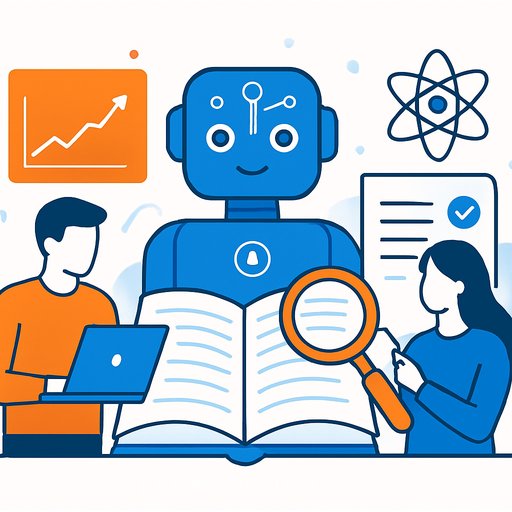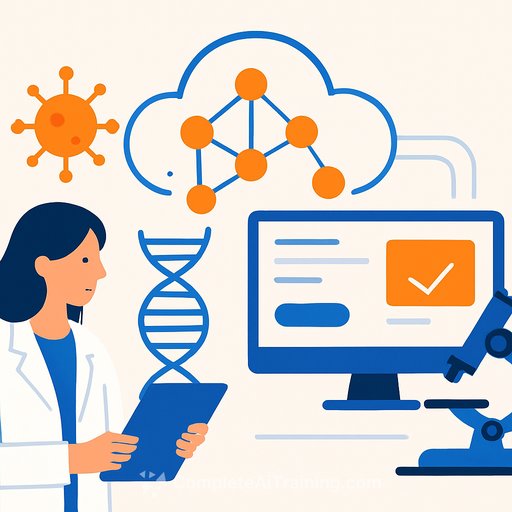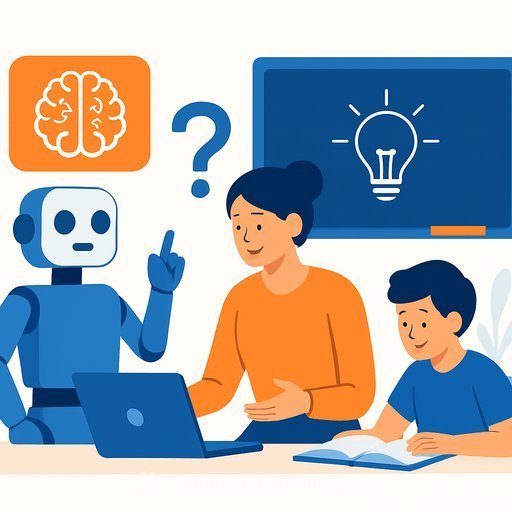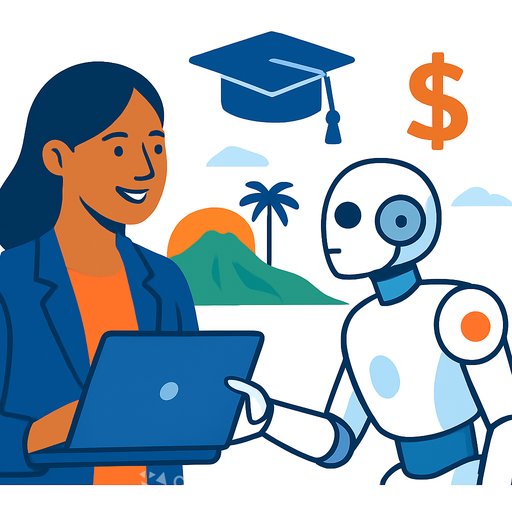How AI Is Transforming Academic Research
21 October
Every time you route a trip or scan a product recommendation, you're touching AI. As defined by IBM, artificial intelligence enables computers to simulate human learning, comprehension, problem-solving, decision-making, creativity, and autonomy. Source
"Artificial intelligence is a very real part of our present, and we interact with it every single day without even realizing it," said Soyeon Ahn, senior vice dean of academic and faculty affairs and research at the University of Miami School of Education and Human Development. "AI is not a distant concept; it's the invisible friend that assists our lives, a friend who remembers every movie you've watched, every product you've ever looked at, and every one of your likes and dislikes."
What this looks like in practice: meta-analysis at scale
For researchers, AI has shifted the speed and scope of evidence synthesis. Ahn and her graduate students use tools like SWIFT-Review, SR-Accelerator Deduplicator, and Abstrackr to screen large literatures for meta-analyses.
In one effort, the team screened more than 40,000 references, cutting labor by 53% and saving over 90 hours of work. The tools do the first pass; the research team keeps the judgment calls.
Limits you should plan around
"There are some limitations," noted Erica Newcome, STEM and interdisciplinary research librarian, during a University Zoom session. Many AI tools cannot access content behind paywalls, and they can "hallucinate"-confidently present false information. Verification is mandatory.
- Treat AI as a supplement, not your source of truth.
- Verify citations, reproduce calculations, and confirm datasets before you rely on them.
- Document what you used and how you used it for transparency and replicability.
Tools researchers are using right now
Newcome highlighted Copilot, Gemini, and ResearchRabbit for exploring literature, mapping topics, and cross-referencing sources. They're useful for triage, idea generation, and finding connections you might miss-so long as you validate outputs.
Verification is your moat
"Yes, absolutely, you must check AI output, including the substance of what it reports and the sources it uses to support those results," said Kent Lancaster, a lecturer at the School of Communication. In code, statistical analyses, and deep research reporting, he finds verification straightforward-and the gains in speed and volume substantial.
Lancaster added that experience with a platform and topic improves your prompts. Models have limits, but user skill often caps the quality of what you get back.
Access and training on campus
The University provides subscriptions to several AI tools. David Wayne, appointed chief artificial intelligence officer in October, said: "Our commitment is to enhance our operational excellence through equitable access to AI. Part of that is our commitment to provide free access to enterprise tools that cover the majority of AI use cases for students and researchers."
For the University community, see the internal list of enterprise tools ("AI Tools at the U") and the AI Research Guide. University Libraries also offers Zoom workshops to help users get hands-on with these tools. The next session is scheduled for Oct. 28, 2025, at 2 p.m.
A practical workflow you can adopt this week
- Define the research question and screening protocol up front.
- Run deduplication (e.g., SR-Accelerator), then AI-assisted screening (e.g., Abstrackr) to triage abstracts.
- Use SWIFT-Review to prioritize likely inclusions and track decisions.
- Request code scaffolds, figure captions, or summary drafts from a generative tool-then verify, edit, and cite appropriately.
- Log every AI-assisted step for methods transparency.
Where to go from here
If you want a quick primer on what AI covers in research and industry, IBM's overview is a solid start: Artificial Intelligence (IBM). For evidence synthesis standards, the Cochrane Handbook remains the benchmark.
Looking to strengthen prompt writing and analysis skills for research workflows? Explore focused training here: AI Courses by Job or deepen your quantitative toolkit with the AI Certification for Data Analysis.
Your membership also unlocks:






